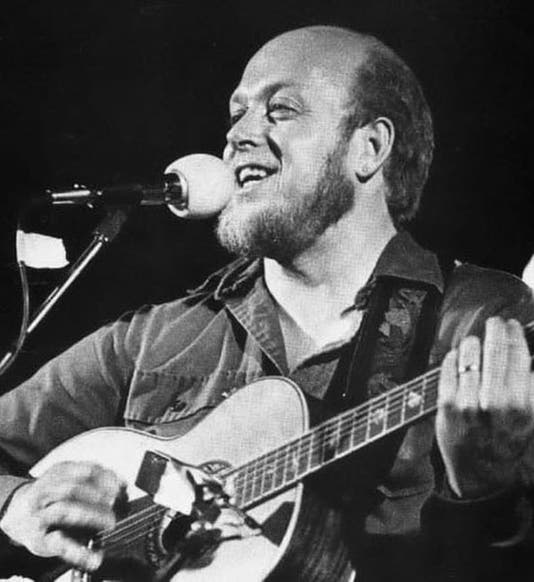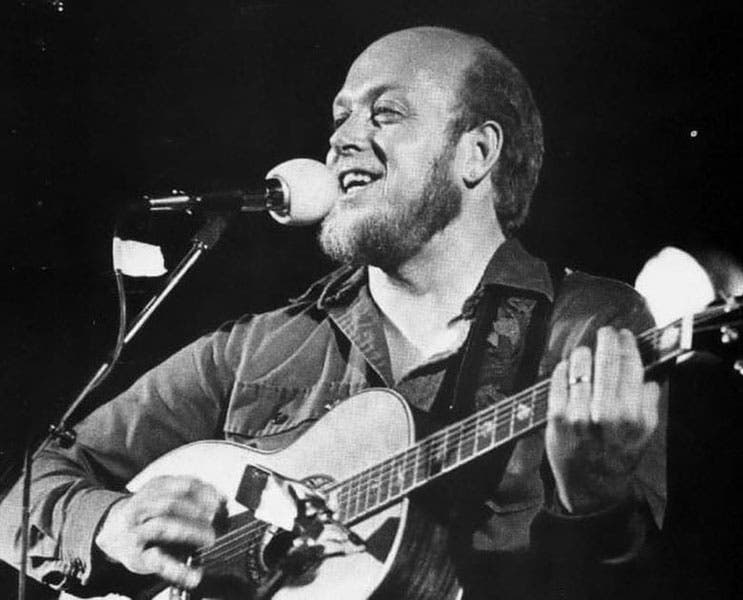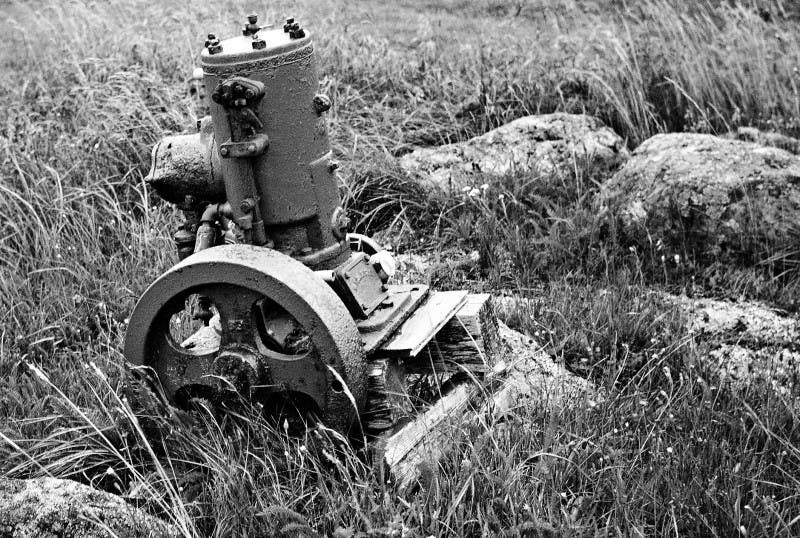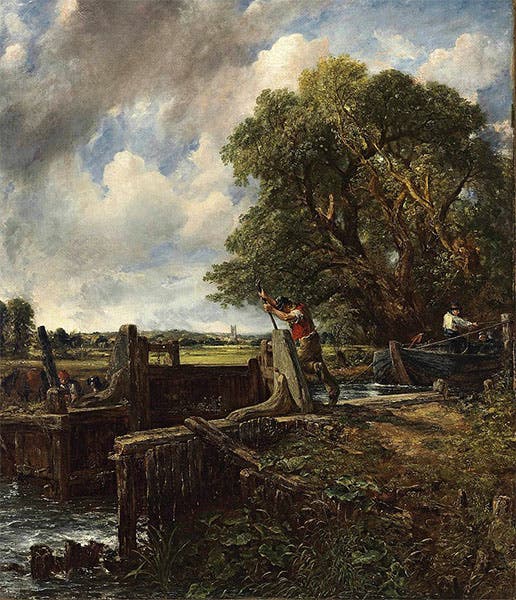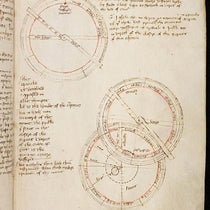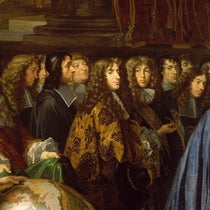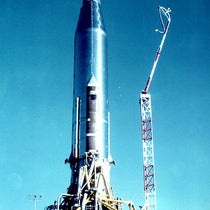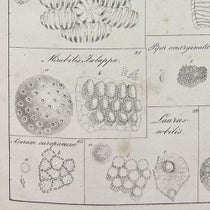Scientist of the Day - Stan Rogers
Stan Rogers, a Canadian singer/songwriter, was born Nov. 29, 1949. Although Rogers grew up in Ontario, he always identified with the Maritime Provinces, where his parents came from and where he spent his summers. Two of his compositions seem pertinent to the spirit of these anniversaries. “Northwest Passage,” his best-known song, evokes the age of the 19th-century explorers who attempted to forge a path across the frozen north, men such as Alexander Mackenzie and the ill-fated John Franklin. Here is a recording of the song. If we added a music track to our online exhibition, Ice: A Victorian Romance, this would no doubt be the song of choice. At the turn of the 21st century, a huge number of Canadians, it seems, felt strongly that “Northwest Passage” should replace “O Canada” as the country's national anthem. I do not know what the mood is today. The a capella rendering is powerful, and it is fun to hear it when you know something about the historical attempts to find a Northwest Passage.
A song of Rogers that I like even better is “Make and Break Harbour”, an ode to the rapidly disappearing lifestyle of the independent fisherman in Newfoundland and Nova Scotia. The make and break engine was invented in the early 20th century and provided cod and lobster fishermen with the first reliable motor for their Cape Islander boats. The engine takes its name from the way it regulates engine speed by using a governor to break the ignition circuit periodically. The resultant sound of the engine is unmistakable, and I remember it well from my young days in the lobster bays of the Maine coast; ten seconds of this video will make the point. Rogers laments the passing of the lone fisherman (and the Cape Islander boat and the make and break engine), but does so with beautifully evocative lyrics, and a rich baritone voice:
She’s a kindly Cape Islander, old but still sound,
But so lost in the long liner’s shadow.
Make and break, and make do, but the fish are so few,
That she won’t be replaced should she founder.
You can listen to the song here, in a nicely constructed still-video with aptly chosen photos. “Make and Break Harbour” tackles the age-old, darker side of technology, the obsolescence that follows in the wake of invention. Hand-weavers and spinners, blacksmiths and carriage makers, all no doubt sang similar laments as their ways of life disappeared. One hopes that no latter-day Rogers writes a lamentation to the print librarian in the near future.
Another of Rogers’ songs that is particularly moving is “The Lock-Keeper,” although it might just be the billowing melodic line that is so compelling. It deals with another timeless dilemma, this time about life-styles, as the lock-keeper, whose world extends no further than his lock, his lock-side house, his loving wife, and his new-born son, is confronted by the world-traveler, who deals in far-away “Oriental oils and teas”, covets his freedom, and scorns domestic life. Is the lock keeper missing out on life, in a world confined to his lock and the canal boats that pass through it? Or is the sea-farer deluded; is his “anchor chain a fetter”, by which the wanderer is ”tethered to the foam", in Rogers memorable phrase? Most of us home-bodies wonder. You can listen to the song here. If I were illustrating a video of “The Lock-Keeper,” I would use John Constable’s The Lock (1824), which exists in several versions, one of which we show here.
Rogers died in an airline fire in 1983, a fire that struck while the plane was on the ground in Cincinnati. He was 33 years old. His early and tragic death has no doubt contributed to his near legendary status in Canada, but he didn't really need to die young to be recognized as one of the great folk singer/song-writers of the modern era.
William B. Ashworth, Jr., Consultant for the History of Science, Linda Hall Library and Associate Professor emeritus, Department of History, University of Missouri-Kansas City. Comments or corrections are welcome; please direct to ashworthw@umkc.edu.

